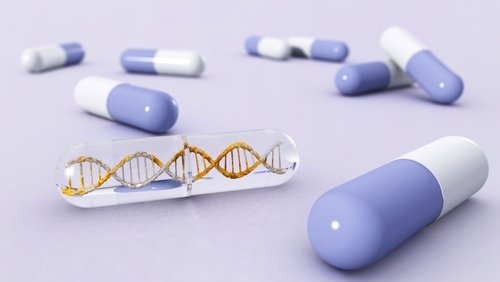Shire Asks FDA for a Designation That Will Lead to More Clinical Trials of Its Hemophilia A Therapy SHP654

Shire has asked the U.S. Food and Drug Administration to grant Investigational New Drug status to its hemophilia A treatment SHP654.
The gene therapy helps generate a clotting protein known as factor VIII that is missing or defective in hemophilia A.
Shire said an FDA approval of its request will prompt it to conduct additional clinical trials of SHP654’s safety, tolerability, and ability to control hemophilia bleeds.
The company “is leveraging decades of scientific leadership in hemophilia to advance research in gene therapy for this community,” Dr. Paul Monahan, Shire’s senior medical director of gene therapy, said in a press release. “Our goal with gene therapy for hemophilia is to uphold the highest standards for safety and efficacy.”
Shire used results of preclinical-trial studies and a Phase 1 trial to support its Investigational New Drug application. It plans to present some of its findings at the Congress of the International Society on Thrombosis and Haemostasis in Berlin, July 8 -13.
The oral and poster-session presentations will be titled:
- “Development of SHP654, a highly efficient AAV8-based BDD-FVIII gene therapy vector for treatment of hemophilia A.”
- “Integration site analysis in mice demonstrates excellent biosafety profile of a recombinant (r) FVIII adeno-associated virus (AAV8) gene therapy product.”
- “Dose response and long-term expression of a human FVIII gene therapy construct in hemophilia A mice.”
- “Nonclinical safety evaluation of a human FVIII gene therapy construct in mice.”
Presentation summaries can be found in the meeting’s book of abstracts.
Shire uses a proprietary technology platform to deliver its therapy to the liver, which can produce blood clotting factor on its own unless genetic defects prevent it from doing so. The therapy enables sustained production of the factor, the company said.
The delivery system combines viral structures with a functional factor VIII genetic sequence.
In experiments with genetically engineered animal models of hemophilia A, researchers discovered that SHP654 led to sustained production of factor VIII. It was also safe and well tolerated, the team said.
Shire said its approach should overcome some of the limitations of current factor-based therapies.
“Drawing from our rich heritage, Shire is well equipped to sustainably support the development of gene therapies that aim to advance current standards of care and minimize the burden of this disease,” Monahan said.






